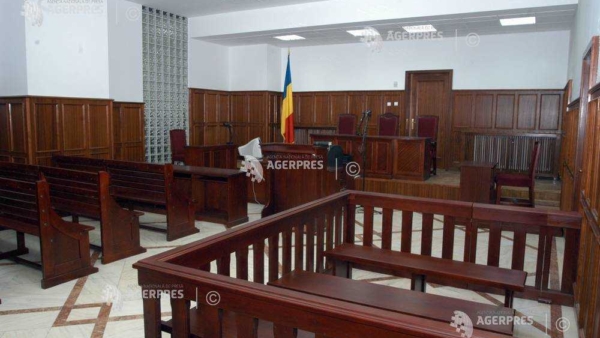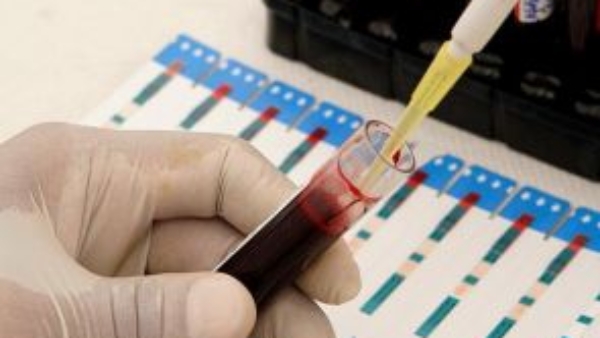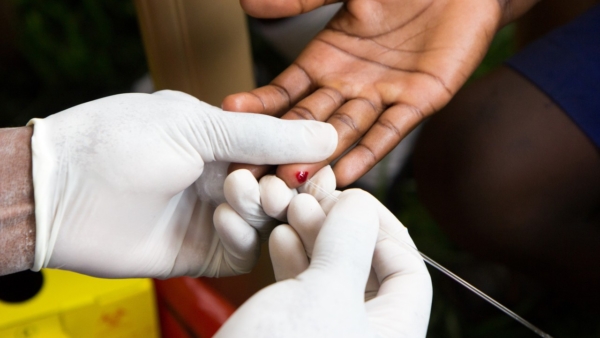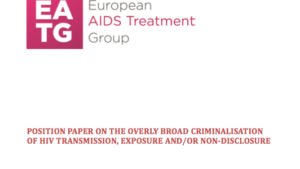Overview
Romania has an HIV-specific law criminalising both ‘exposure’ and transmission.
The law was updated in 2014 to criminalise HIV ‘exposure’ as well as non-sexual transmission, while previously only sexual transmission was covered.
Article 358 penalises both transmission by people aware of their status and those who were not aware of their status. While the latter section may be designed to prevent liability being avoided for those with wilful ignorance of their HIV status, the law does not appear to contain any safeguards protecting those who had no knowledge of their status, or reason to believe that they might be living with HIV. ‘Exposure’ is criminalised as ‘attempts’ to transmit HIV.
The penalties imposed are three to 10 years for transmission by someone knowingly living with HIV, and five to 12 years for someone in other circumstances. These sentences are increased to seven to 15 years if the transmission results in death. Lower sentences are incurred in cases of negligence or recklessness.
In contrast, transmission of other STIs can result in a fine and/or a prison sentence ranging between six months and three years under Article 357.
We are aware of at least eight HIV cases in Romania. The first known case in 2012 resulted in a 14-year sentence for alleged intentional HIV transmission. The majority of cases have occurred since the 2014 reform and have related to ‘exposure’ rather than proven transmission. However, the most recent case, reported in July 2024, was an instance of alleged transmission.
At least two cases have related to non-sexual ‘exposure’ against police officers. In 2018 a man was convicted for HIV ‘exposure’ after allegedly deliberately wounding himself with a pencil and attempting to do the same to a police officer. He was sentenced to one year imprisonment for the offence of attempting to transmit ‘AIDS’ (sic). In the most recent case in 2022, a man living with HIV allegedly bit a police officer during an arrest and was sentence to three years’ imprisonment.
Laws
Penal Code
Article 358. Transmission of acquired immunodeficiency syndrome
(1) The transmission, by any means, of HIV by a person who knows that she/he suffers from this disease is punished by imprisonment from 3 to 10 years.
(2) The transmission, by any means, of HIV by a person other than the one provided in par. (1) is punished by imprisonment from 5 to 12 years.
(3) If by the facts provided in par. (1) and para. (2) the death of the victim occurred, the punishment is imprisonment from 7 to 15 years.
(4) When the deed provided for in paragraph (2) was committed out of fault, the penalty is imprisonment from 6 months to 3 years, and if it caused the death of the victim, the penalty is imprisonment from 2 to 7 years.
(5) Attempt to the offenses provided in par. (1) and para. (2) shall be punished.
Penal Code
Article 357. Venereal contamination
(1) The transmission of a venereal disease, through sexual intercourse or other sexual acts, by a person who knows that he suffers from such a disease, is punishable by imprisonment from 6 months to 3 years or a fine.
(2) The court will order the security measure of the obligation to medical treatment.
Penal Code
Article 384. Venereal contamination and transmission of the acquired immunodeficiency syndrome
(1) The transmission of a venereal disease by sexual contact of any nature with a person of the opposite or same sex or by acts of sexual perversion committed by a person who is aware that he/she suffers from such a disease, shall be punished by strict imprisonment from one to 5 years.
(2) Transmission of the acquired immunodeficiency syndrome – AIDS – by a person who is aware that he/she suffers from this disease, shall be punished by strict imprisonment from 5 to 15 years.
(3) The law court shall ordain the security measure of obligation to undergo medical treatment.
Acknowledgements
Our thanks to Nicoleta Dascalu at ARAS for her research assistance in confirming current relevant legislation.
HIV Justice Network's Positive Destinations
Visit the Romania page on Positive Destinations for information on regulations that restrict entry, stay, and residency based on HIV-positive status, as well as access to HIV treatment for non-nationals.





